
The Omak Suicide Race(1992)
The ultimate test of nerve for today's warriors
A Video about a horse race held every year, during the second week of August, in Omak, Washington as a part of the Omak Stampede, a rodeo. Held for more than 70 years, the race is known for the portion of the race where horses and riders run down Suicide Hill, a 62-degree slope that runs for 225 feet (69 m) to the Okanogan River.[1] Though the race was inspired by Indian endurance races, the actual Omak race was the 1935 brainchild of a local Omak business owner.
Movie: The Omak Suicide Race
Top 2 Billed Cast
Self
Narrator

The Omak Suicide Race
HomePage
Overview
A Video about a horse race held every year, during the second week of August, in Omak, Washington as a part of the Omak Stampede, a rodeo. Held for more than 70 years, the race is known for the portion of the race where horses and riders run down Suicide Hill, a 62-degree slope that runs for 225 feet (69 m) to the Okanogan River.[1] Though the race was inspired by Indian endurance races, the actual Omak race was the 1935 brainchild of a local Omak business owner.
Release Date
1992-01-01
Average
1
Rating:
0.5 startsTagline
The ultimate test of nerve for today's warriors
Genres
Languages:
EnglishKeywords
Similar Movies
Yellowtail(en)
Yellowtail is the story of a young Native American cowboy searching for meaning as his chaotic lifestyle begins to wear on him both physically and mentally. To find his purpose the young man has to reflect on his upbringing as a native to become the spiritually connect man he was meant to be.
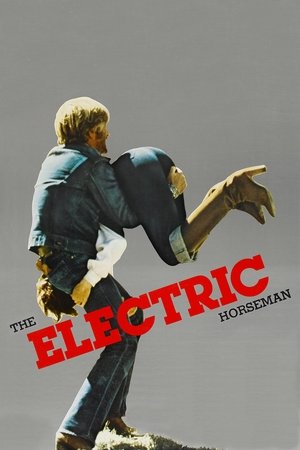 6.1
6.1The Electric Horseman(en)
A former champion rodeo rider is reduced to using his saddle skills to promote a breakfast cereal in a gaudy Las Vegas show. When he's asked to perform with a $12 million horse, he discovers it is being doped to remain docile. He flees into the desert astride the beast in an act of defiance. A story-hungry female reporter gives chase.
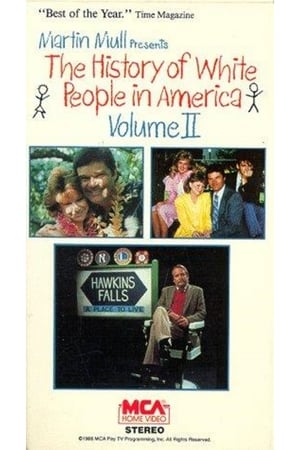 9.0
9.0The History of White People in America: Volume II(en)
In this daring follow-up to The History of White People in America, comedian Martin Mull takes us on an in-depth look at such topics as White Religion, White Stress, White Politics, and White Crime.
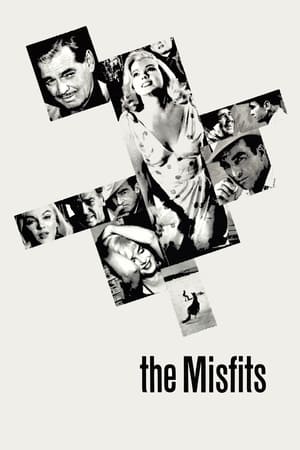 6.9
6.9The Misfits(en)
While filing for a divorce, beautiful ex-stripper Roslyn Taber ends up meeting aging cowboy-turned-gambler Gay Langland and former World War II aviator Guido Racanelli. The two men instantly become infatuated with Roslyn and, on a whim, the three decide to move into Guido's half-finished desert home together. When grizzled ex-rodeo rider Perce Howland arrives, the unlikely foursome strike up a business capturing wild horses.
 6.5
6.5Bury My Heart at Wounded Knee(en)
Beginning just after the bloody Sioux victory over General Custer at Little Big Horn, the story is told through two unique perspectives: Charles Eastman, a young, white-educated Sioux doctor held up as living proof of the alleged success of assimilation, and Sitting Bull the proud Lakota chief whose tribe won the American Indians’ last major victory at Little Big Horn.
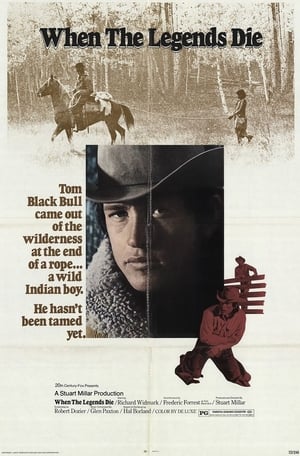 4.9
4.9When the Legends Die(en)
An elderly rodeo rider becomes mentor to a young man attempting to make his own name in the business.
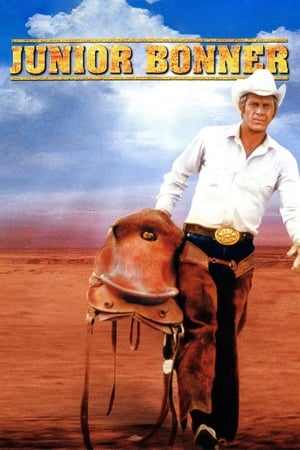 6.1
6.1Junior Bonner(en)
With his bronco-busting career on its last legs, Junior Bonner heads to his hometown to try his luck in the annual rodeo. But his fond childhood memories are shattered when he finds his family torn apart by his greedy brother and hard-drinking father.
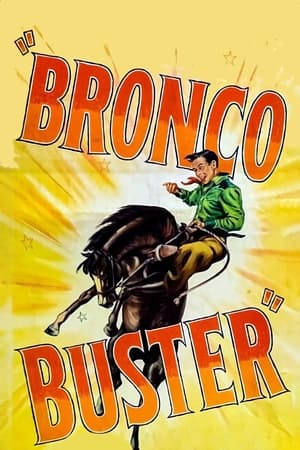 5.0
5.0Bronco Buster(en)
A veteran rodeo rider takes on a young apprentice in order to "teach him the ropes", and winds up competing against him.
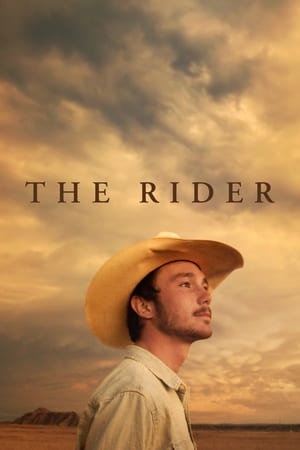 7.3
7.3The Rider(en)
Once a rising star of the rodeo circuit, and a gifted horse trainer, young cowboy Brady is warned that his riding days are over after a horse crushed his skull at a rodeo. In an attempt to regain control of his own fate, Brady undertakes a search for a new identity and what it means to be a man in the heartland of the United States.
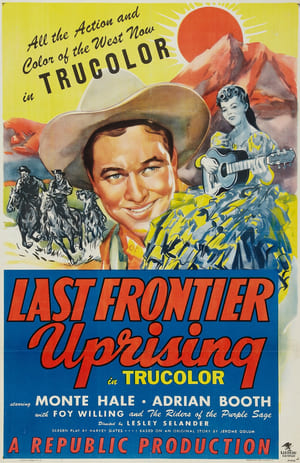 0.0
0.0Last Frontier Uprising(en)
Singing cowboy Monte Hale plays "himself" in the Republic western Last Frontier Uprising. Actually, he's not really himself, but a federal agent, dispatched to Texas to buy horses on behalf of the government. Hale runs up against a vicious gang of horse thieves, including such veteran western hard cases as Roy Barcroft and Philip van Zandt. The romantic interest is in the dainty hands of Adrian Booth, who used to go by the name of Lorna Gray. Put together with the standard Republic efficiency, The Last Frontier Uprising benefits from the breathless direction of Lesley Selander.
 0.0
0.0The Perfumed Garden(ar)
THE PERFUMED GARDEN is an exploration of the myths and realities of sensuality and sexuality in Arab society, a world of taboos and of erotic literature. Through interviews with men and women of all ages, classes, and sexual orientation, the film lifts a corner of the veil that usually shrouds discussion of this subject in the Arab world. Made by an Algerian-French woman director, the film begins by looking at the record of a more permissive history, and ends with the experiences of contemporary lovers from mixed backgrounds. It examines the personal issues raised by the desire for pleasure, amidst societal pressures for chastity and virginity. The film discusses pre-marital sex, courtship and marriage, familial pressures, private vs. public spaces, social taboos (and the desire to break them), and issues of language.
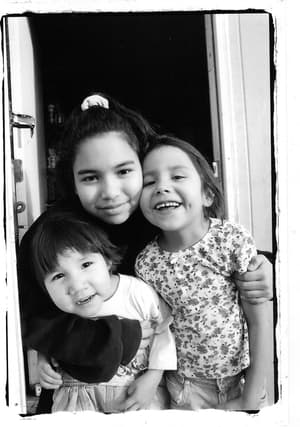 8.0
8.0Homeland(en)
Following four Lakota families over three years, Homeland explores what it takes for the Lakota community to build a better future in the face of tribal and government corruption, scarce housing, unemployment, and alcoholism. Intimate interviews with a spiritual leader, a grandmother, an artist, and a community activist from South Dakota’s Pine Ridge Indian Reservation reveal how each survives through family ties, cultural tradition, humor, and a palpable yearning for self-reliance and personal freedom.
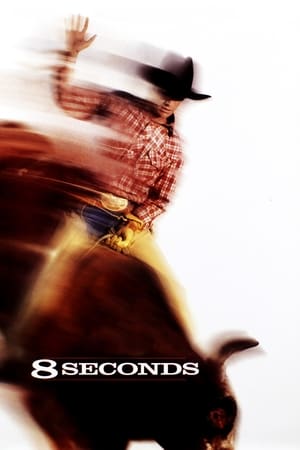 7.2
7.28 Seconds(en)
This film chronicles the life of Lane Frost, 1987 PRCA Bull Riding World Champion, his marriage and his friendships with Tuff Hedeman (three-time World Champion) and Cody Lambert.
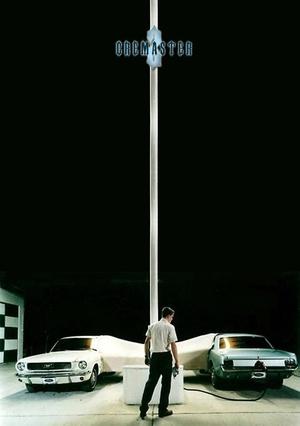 6.3
6.3Cremaster 2(en)
CREMASTER 2 is rendered as a gothic Western that introduces conflict into the system. On the biological level it corresponds to the phase of fetal development during which sexual division begins. In Matthew Barney's abstraction of this process, the system resists partition and tries to remain in the state of equilibrium imagined in Cremaster 1.
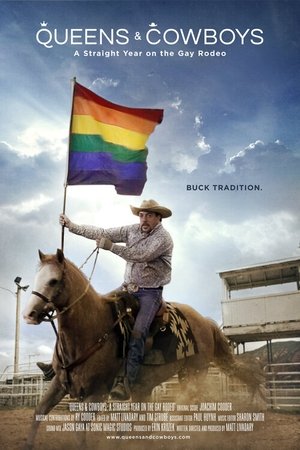 5.4
5.4Queens and Cowboys: A Straight Year on the Gay Rodeo(en)
A feature film that chronicles a complete season of the International Gay Rodeo Association. Roping and riding across north America for the past 30 years, the IGRA's courageous cowboys and cowgirls brave challenges both in and out of the arena on their quest to qualify for the World Finals at the end of the season. And along the way, they'll bust every stereotype in the book.
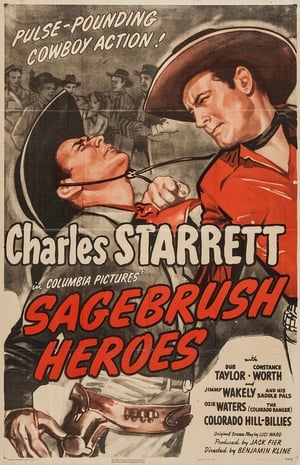 0.0
0.0Sagebrush Heroes(en)
This Columbia western starring Charles Starrett finds Steve Randall (Charles Starrett) forming a radio show with Jimmy Wakely (Jimmy Wakely) and his Saddle Pals, and are in town for a rodeo. Reporter Connie Pearson (Constance Worth) persuades them to visit Marty Jones (Elvin Fields), a fatherless boy, who has been sent to a boy's home after stealing Steve's wallet, ran by Tom Goodwin (Forrest Taylor.) Marty tells Steve that the home is a phony and is a front for cattle rustlers. Steve passes the information on to Connie, who doesn't believe him, so he and Jimmy wire the ranch for sound. They are caught and Goodwin turns them over to Sheriff Barnes (Edmund Cobb), and then plans to skip the country
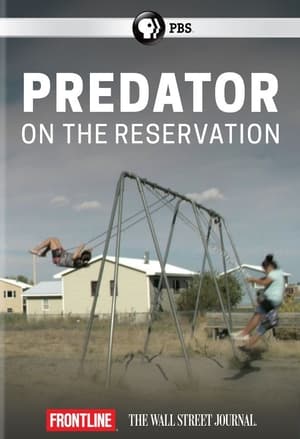 0.0
0.0Predator on the Reservation(en)
FRONTLINE and The Wall Street Journal investigate the decades-long failure to stop a government doctor accused of sexually abusing Native American boys for years, and examine how he moved from reservation to reservation despite warnings.
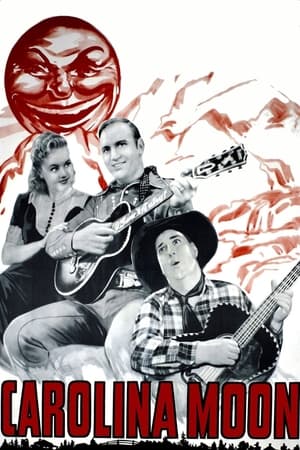 5.0
5.0Carolina Moon(en)
A singing cowboy and his sidekick encounter misunderstandings and rodeo havoc as they try and save a man and daughter from con men.
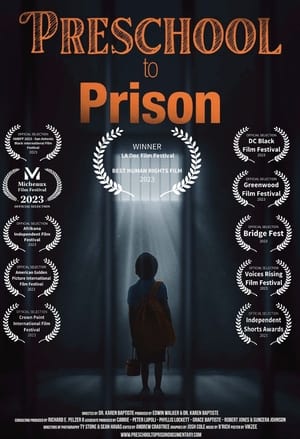 0.0
0.0Preschool to Prison(en)
Preschool to Prison is a compelling examination of how the United States public school system is built and operated like prisons. Zero-tolerance policies are used to justify suspension and arrests that set up a pathway to send children of color and children with special needs from school to prison. Children are being suspended, restrained, dragged, physically manhandled, and subsequently arrested for minor offenses such as throwing candy on a school bus. These personal accounts from people affected by the school-to-prison pipeline give riveting tales about the generational impact on society.
